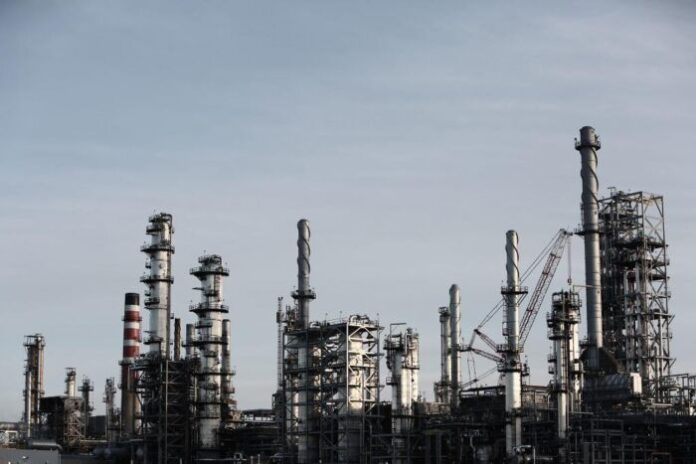
The April oil market crash will test the determination of majors like Shell and BP, which have recently announced goals to reach net-zero emissions by 2050, according to the International Energy Agency (IEA). “Whether or not their position will change” in the aftermath of the oil market crash “will be a litmus test” for oil major’s commitment to clean technologies, said Fatih Birol, the IEA’s Executive Director.
Oil prices moved to negative territory for the first time in history last month because of collapsing demand caused by the COVID-19 crisis, Birol pointed out during a EURACTIV online debate. “Oil markets are going through very unusual times,” he said. “But I’m very hopeful,” he added, saying leading European oil majors “will be part of the solution for a sustainable energy future.”
Shell and BP unveiled plans earlier this year to reach net-zero emissions by 2050, in line with EU long-term goals on climate change. Among major European oil and gas firms, Shell and Eni are considered to have the most ambitious emissions-reduction plans, according to the Transition Pathways Initiative, which assesses companies’ preparedness for the transition to a low carbon economy.
“And this is in my view very good news. Because these companies have a lot of engineering experience, and deep pockets for many of them,” Birol said. Environmentally-minded investor groups have commended Anglo-Dutch oil and gas major Shell for committing to cut emissions to net-zero by 2050 or even sooner.
Not everyone is optimistic about the oil sector’s future perspectives, however. Luxembourg’s energy minister Claude Turmes, who also spoke at the EURACTIV event, warned about the risk of US shale companies going bankrupt, saying the shockwaves could be felt across the global economy.
“The last thing we need in the middle of this COVID-19 crisis is a Lehman Brothers 2,” the Luxembourg energy minister warned, referring to the collapse of the US investment bank in 2008, which set off a global financial crash with devastating effects for the European economy. With low oil demand likely to last, Turmes said he would “personally favour a carbon price floor, at least for the electricity market” in order to decrease Europe’s dependence on fossil fuels.
Birol agreed “there is definitely a risk” that some US shale companies will go bust. “If the US oil industry collapses, this would send ripples through the world economy,” he warned, reminding that oil is the world’s most widely traded commodity on global financial markets. “Yes, the future is electric, but we will still need oil for years to come,” Birol said, calling on governments to plan for an orderly transition. Oil and gas companies in particular need to “take the lead to modernise their strategies and increase the share of clean energies in their investment spending plans,” Birol said.



































